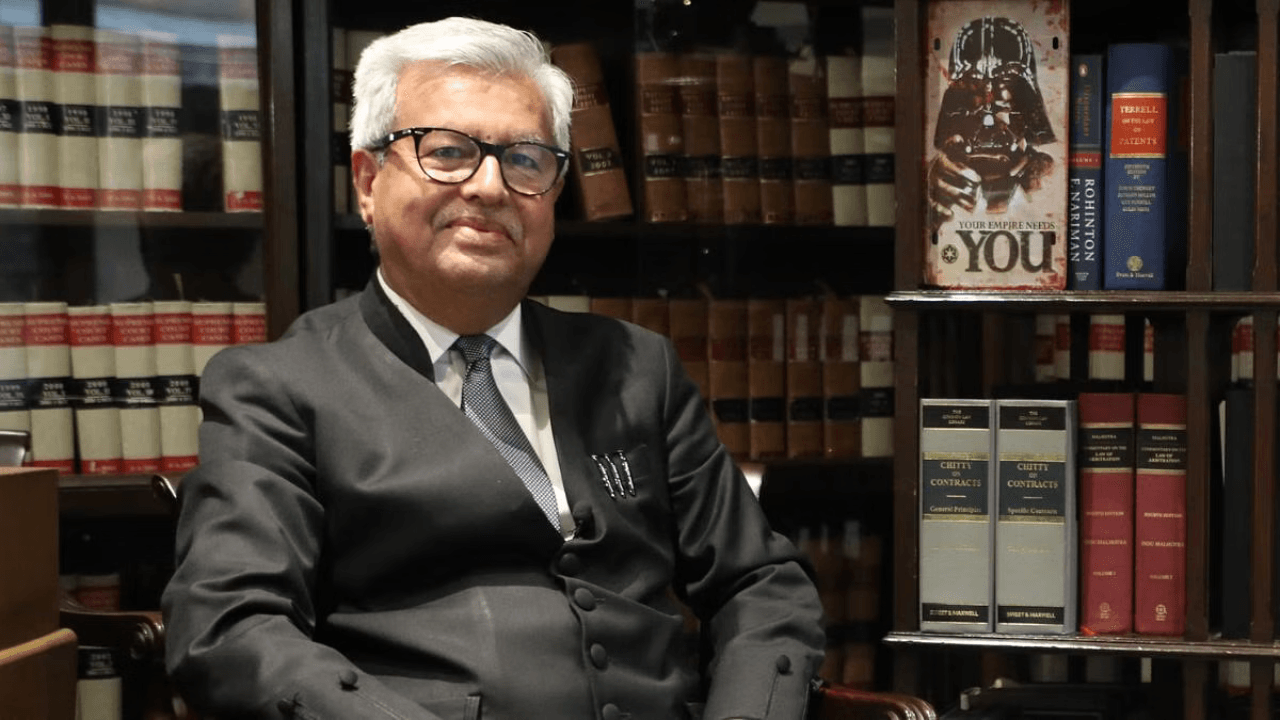Starting this Monday, mobile phone users in India will face a waiting period of at least seven days after replacing a lost or non-functional SIM card before they can switch to a new service provider. These rules, part of the Telecommunication Mobile Number Portability (Ninth Amendment) Regulations, 2024, aim to prevent fraudulent porting by individuals using new identities.
During this seven-day waiting period, service providers are prohibited from issuing a unique porting code (UPC) to the subscriber. The UPC is an alphanumeric code that allows a phone number to be ported to a different service provider.
The amended regulations were officially announced by the Telecom Regulatory Authority of India (TRAI) on March 14, 2024, and have now come into effect.
TRAI granted a three-and-a-half-month window for telecom service providers (TSPs) to adjust their systems. This allowed them to reject UPC requests during the waiting period and conduct necessary tests before implementing the changes nationwide.
The need for these rules arose from incidents of fraudulent SIM swaps and replacements. Criminals were exploiting the system to fraudulently port mobile connections. To address this, the Department of Telecommunications (DoT) had initially recommended a 10-day waiting period after a SIM swap or replacement.
In July 2023, the DoT further urged TRAI to ensure that the old (donor) operator and the new (recipient) operator verify demographic details of subscribers (such as name, gender, date of birth, and photograph) after generating the UPC but before completing the porting process. While TRAI is currently examining this aspect in detail, the recent regulations mark an important step toward enhancing security and transparency in mobile number portability.












